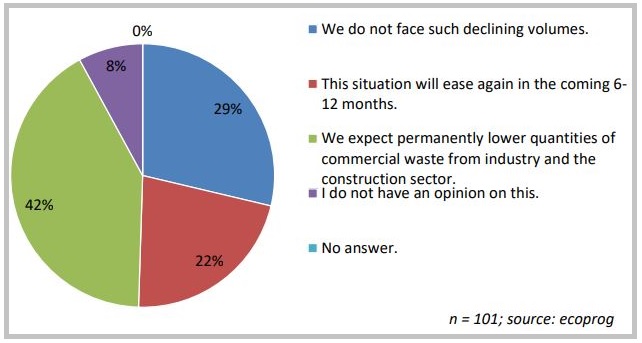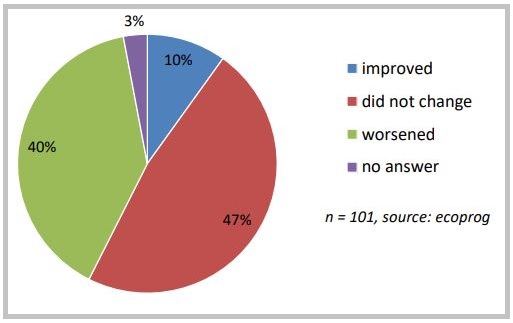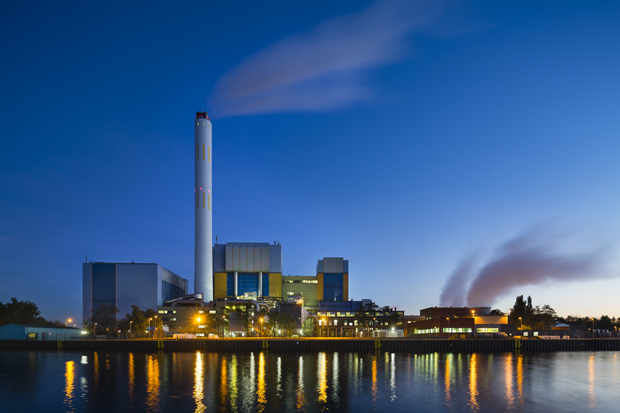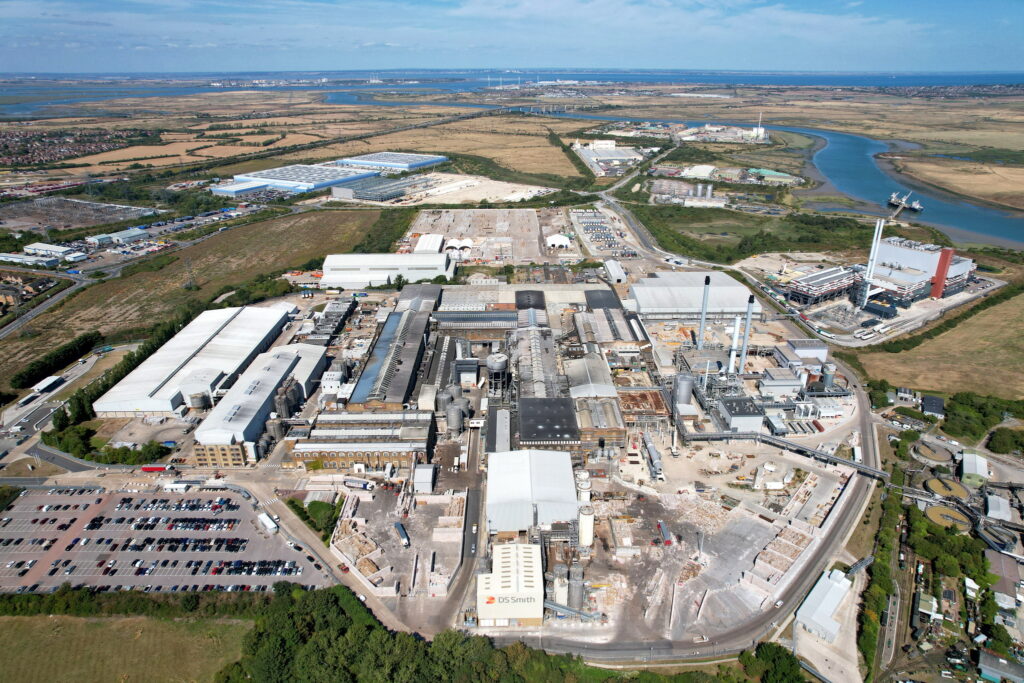The Confederation of European Waste-to-Energy Plants (CEWEP), the umbrella association of European EfW operators, highlighted the fall in volumes which is noted in a report published this week.
The report was produced by ecoprog, a German consultancy which is well respected on the continent for the quality of its work. Of the 101 operators surveyed, 5% of the plants were in the UK.
Suffering
Report author Johannes Eich told letsrecycle.com: “Major plant operators are suffering from declining waste volumes. There is less production waste from the German manufacturing industry. Some industrial companies are having to close because they are finding energy too expensive.”
Mr Eich said that the situation is different between European countries. “Possibly it is worse in Germany because we have a higher share of industrial production than perhaps in the UK.”

And, he explained that while some EfW plant operators will have good contracts for electricity supply and so benefit from higher prices, difficulties on the heat side could cause problems. For example, Mr Eich said that some plants with contracts for heat do not have these based on market indicators.
Heat
There has also been less demand in some cases for the heat from industrial users – he cited a “potato factory” in Germany which had stopped producing and had been using heat from an energy from waste plant.
There are also concerns about municipal waste volumes. See chart below.
Downturn
In the survey, ecoprog reports the “strongest downturn in sentiment since 2012”, partly because of concerns around gate fees. Around half the respondents expect lower gate fees, with less than 30% expecting gate fees to rise.

Also hitting the sector are increasing costs. The report says: “The operators are mainly affected by increased costs for supplies, maintenance and repair as well as energy.”
It is not just the current market conditions which are troubling the energy from waste sector on the continent and within the European Union.
ecoprog reports that, “for some time now, thermal waste treatment has met increasingly critical opinions from political actors. The result is legislation that is imposing ever bigger hurdles to this form of treatment.
“This also holds true for the assessment of thermal waste treatment in the EU Taxonomy Regulation, according to which activities that lead to a significant increase in waste incineration are defined as non-sustainable.”
And, ecoprog notes, “as a result of this legislation, 60% of plant operators fear that major investments will see problems in the future, for example regarding financing or the acquiring of funding.”
Thermal recovery
CEWEP, which supported ecoprog’s survey, commented on the findings. It said that like most industries in Europe, operators are stuck between increasing costs in almost all areas and decreasing waste volumes.
CEWEP too reflected how “thermal waste treatment” is taking a bashing from “political actors”. It argues that this policy follows the narrative that “cheap” incineration obstructs and prevents recycling, a narrative it believes wrong.
Thermal waste recovery is and will remain the most important pillar for the treatment of non-recyclable waste in Europe
CEWEP argues: “Thermal waste recovery is and will remain the most important pillar for the treatment of non-recyclable waste in Europe. However, this does not mean that thermal waste recovery is responsible for the fact that these wastes cannot be recycled.”
The organisation goes on to reason that production and eco design are key to more and better recycling, while increasing the costs of incineration are not.
Useful link
The full CEWEP and ecoprog report and survey is available HERE









Subscribe for free